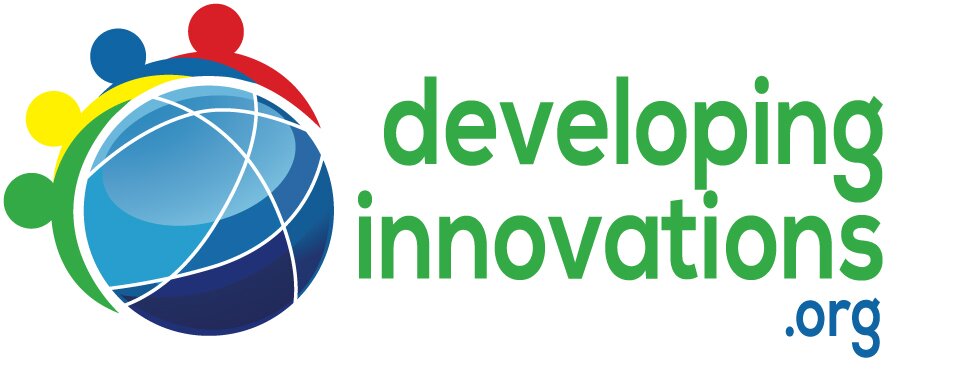
CWSF Awards
Special Awards
These awards are for outstanding projects that meet specific criteria within a particular aspect of science and often reflect the special interests of the sponsoring foundations, companies and professional associations. All Special Awards are cash prizes: $500 for Junior, $750 for Intermediate and $1,000 for Senior.
Self-nomination is not required for these awards. Interviews for these awards are unscheduled, and students may or may not see a judge for one of these awards.
View Special Awards
Interdisciplinary Awards
Interdisciplinary Awards are open to all projects in the appropriate grade category and include cash awards, trips, summer internships and other prizes for outstanding projects that meet specific criteria established by the sponsor(s).
Self-nomination is a commitment to accept the award as offered. If you plan to nominate your project for a travel or summer experience award, be sure you do so only after careful consideration and with parent/guardian approval.
Please note: Certain Interdisciplinary Awards involve travel and a commitment to be away from home for an extended period of time, to travel to another country and/or to live in unfamiliar surroundings. All travel involves an element of risk. Foreign Affairs Canada provides advice to international travellers through their website.
Interdisciplinary Awards judges spend approximately 10 minutes with each project. Judges expect to hear a brief (5 minute) summary of the project and why it deserves the award, followed by time for questions.
Self-nomination is required; judges will only consider projects that the finalists have nominated for these awards in the online registration system. The list includes all available Interdisciplinary Awards. A project may be nominated for up to three Interdisciplinary awards. Only those awards for which a project is eligible will appear in the Interdisciplinary Awards area of the CWSF online registration system.
View Interdisciplinary Awards
Challenge Awards
Challenge Awards recognize the top project in each of the 7 Canada-Wide Youth Science Challenges in each grade category. The seven Canada-Wide Youth Science Challenges – Discovery, Energy, Environment, Health, Information, Innovation and Resources – focus on issues that are important to Canadian youth, the future of their country and their world. They are meant to inspire students to exercise their curiosity and creativity by answering a question or solving a problem by doing a science project.
At the CWSF, 3 prizes are awarded - junior ($500), intermediate ($750) and senior ($1,000) – for the best project that addresses each challenge.
During registration, finalists identify the challenge best addressed by their project. Interviews for these awards are unscheduled, and students may or may not see a judge for one of these awards.
View Challenge Awards.
Excellence Awards
Excellence Awards (CWSF medals) recognize science and technology excellence. The judging is a relative process, with medals awarded based on the ranking of consensus scores for each project within a grade category. A total of 70 medals is available in each grade category – junior, intermediate, and senior:
- 10 Gold Medals (including $700 cash)
- 20 Silver Medals (including $300 cash)
- 40 Bronze Medals (including $100 cash)
All medals are normally awarded as judged; however, the awarding of a gold medal requires that the following minimum standard be attained:
- The project demonstrates Level 3 or 4 of Scientific Thought (see Judge’s Marking Sheet).
- Analysis and conclusions are appropriate and based on the data;
- The project demonstrates some knowledge of the relevant background and theory; and
- The project contains no glaring or significant errors.
Each judging team is assigned a specific group of projects in the same grade category. Normally, four different judges evaluate each project. Judging is a three-step process:
First, judges read the Project Reports in advance and, on the evening before judging, view the projects without the finalists being present.
On judging day, each of the four judges meets with the finalist(s) for about 20-minutes. Judges expect to spend approximately 10 minutes hearing a presentation about the project, followed by 10 minutes for questions.
After the finalists have left the exhibit area for the day, each judging team meets to discuss each project and assign a consensus score based on the project level and relative merit of each project. After these scores are compiled, representatives of each judging team within a grade category meet to review the ranked scores and determine the Excellence (medal) and Challenge Award recipients. This step involves considerable discussion among the judges and may require additional viewing of projects without the finalists present. Sponsor representatives may work with the category teams at this time to select the recipients of Special Awards.
Scholarships
Several universities provide scholarships to medal winners at the Canada-Wide Science Fair.
View scholarships.
Grand Awards
The Grand Awards include two Platinum Awards and the Best Project Award, which are presented to the top three projects at the CWSF – best junior, intermediate, and senior. All gold medalists are automatically considered for the Grand Awards.
Each of the two Platinum Awards includes $5,000 cash and a crystal presentation award.
The Best Project Award includes $10,000 cash and a crystal presentation award, making it one of the most valuable and prestigious awards for youth in Canada.
A special panel of Youth Science Canada appointed judges selects the Grand Award recipients.
